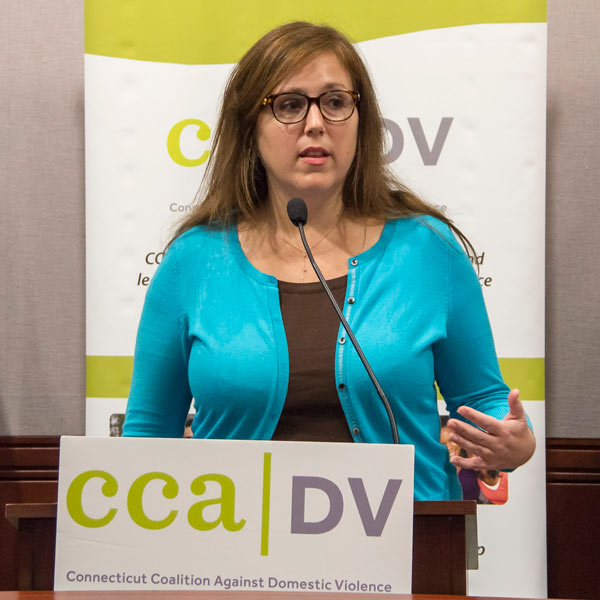After Trump Administration Rollback, Senate Majority Leader Duff, Legislators and Telecommunications Experts Propose Connecticut Net Neutrality Law
Calling it a “dangerous rollback of consumer protections,” Senate Majority Leader Bob Duff (D-Norwalk) today blasted the Federal Communication Commission’s (FCC) decision to gut net neutrality rules, and joined with legislators and telecommunications experts and Connecticut’s Consumer Counsel to call for Connecticut to adopt its own net neutrality rules.
Senate Bill 2, An Act Concerning Internet Service Providers and Net Neutrality Principles, introduced by Senator Duff, proposes charging the Public Utility Regulatory Authority with regulating the provisions of net neutrality and prohibiting internet service providers in Connecticut from throttling consumer internet speeds, blocking certain websites or imposing prioritization pricing.
“Once again the Trump Administration appointees have moved against the interests of everyday Americans,” said Senator Duff. “Discarding net neutrality rules represents a dangerous rollback of consumer protections. Preserving open internet is good for Connecticut’s businesses, startups, students and consumers. I am proud that Connecticut is leading the fight for a fair, open and accessible internet.”
“High-speed broadband is already too expensive and lacks a competitive marketplace,” said Senator Beth Bye (D-West Hartford). “We must preserve net neutrality for Connecticut small businesses and residents.”
“Big telecom can’t wait to auction off the internet to the special interests with their fast lanes, slow lanes and breakdown lanes,” said Rep. Derek Slap (D-West Hartford). “Make no mistake, consumers and small businesses will pay the price. States all across the nation are taking action and Connecticut must do the same. It’s time to protect the internet and our economy and send a message to Congress and President Trump: if you don’t act, we will.”
During the Obama administration, the FCC voted to adopt strong, open internet rules to ensure that Americans reap the economic, social and civic benefits of an open internet, including the preservation of net neutrality.
“I’m delighted that Connecticut is helping to fill the gaping hole left by FCC Chairman Pai and his colleagues when they repealed the 2015 net neutrality rules and abdicated the agency’s role protecting consumers and competition in the broadband market,” said Gigi Sohn, Distinguished Fellow, Georgetown Institute for Technology Law and Policy and former Counselor to former FCC Chair Tom Wheeler. “When the federal government fails to protect consumers, it is up to the states to do so, and Senator Duff’s bill does just that. An Act Concerning Internet Service Providers and Net Neutrality Principles will ensure that consumers, and not Internet Service Providers, will determine who wins and loses on the internet. I urge the General Assembly to pass this bill without delay.”
“Consumers around the country overwhelmingly support net neutrality, because they want reassurances that the internet will remain fair, open, and equally accessible to all,” said Elin Katz, the State’s Consumer Counsel. “They don’t want their internet service providers to pick winners and losers by blocking or throttling access to particular websites. Consumers searching the internet also don’t want websites that pay higher fees to ‘cut to the front of the line’ through paid prioritization. I am grateful that Connecticut is once again going to be a leader in defending net neutrality and I thank Senator Duff for proposing this bill, which will restore the net neutrality principles that the Federal Communications Commission just repealed. I look forward to working for its passage.”
Without net neutrality internet providers will be able to control and decide which websites and content appear on the internet. That can slow competitors or block any political content with which they disagree. Internet Service Providers will also be able to charge extra money to support the content of the few companies that will be able to pay. That hurts small business and consumers.
